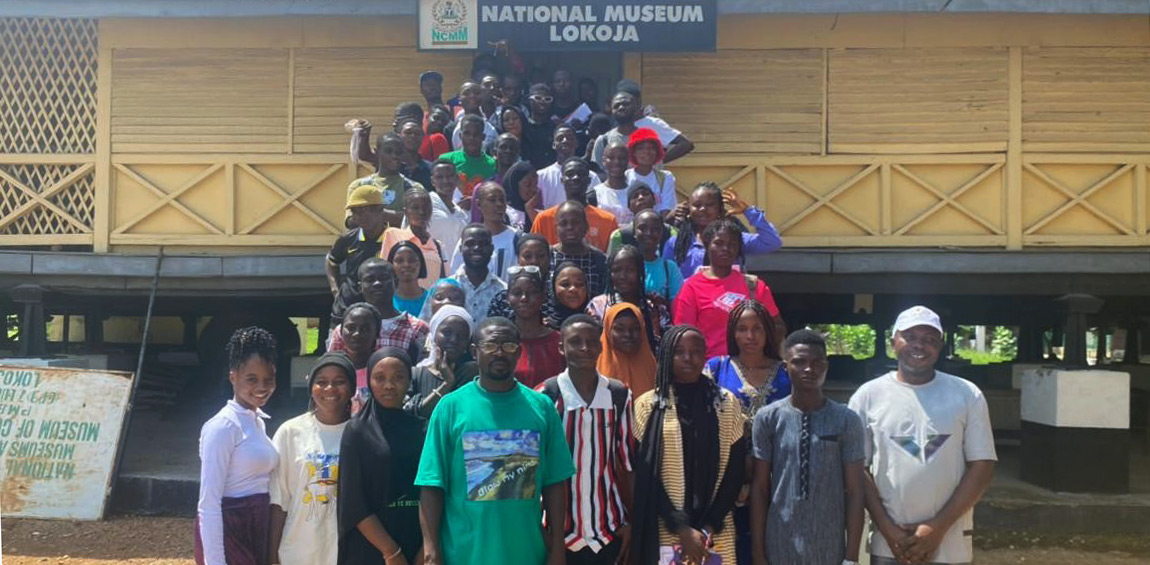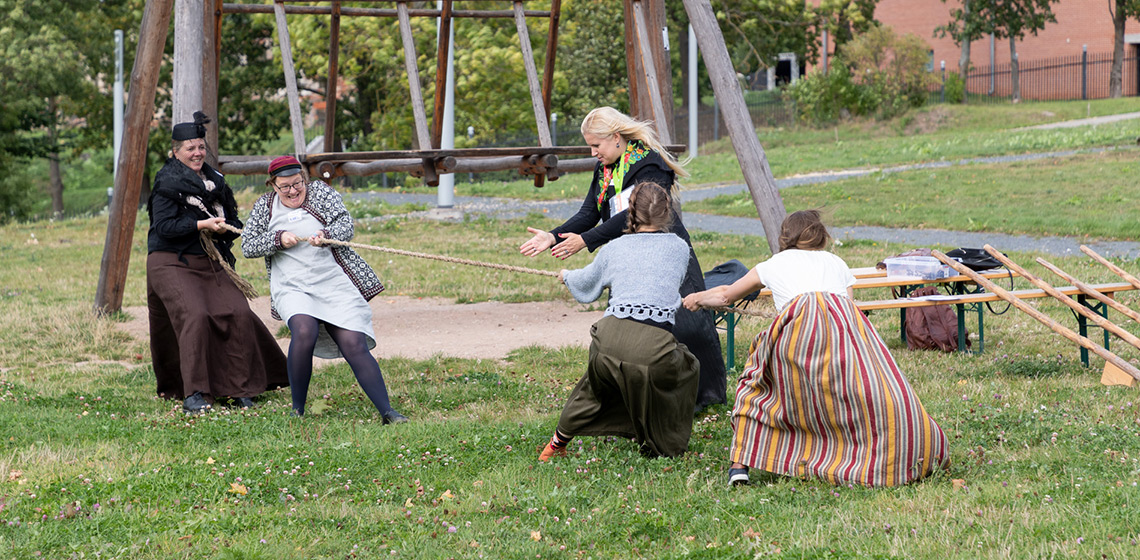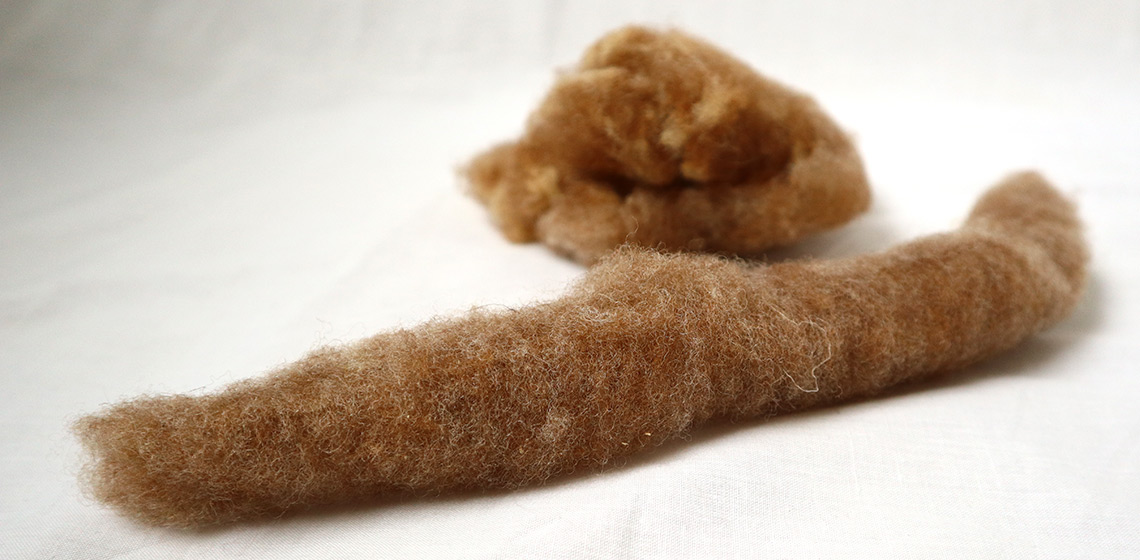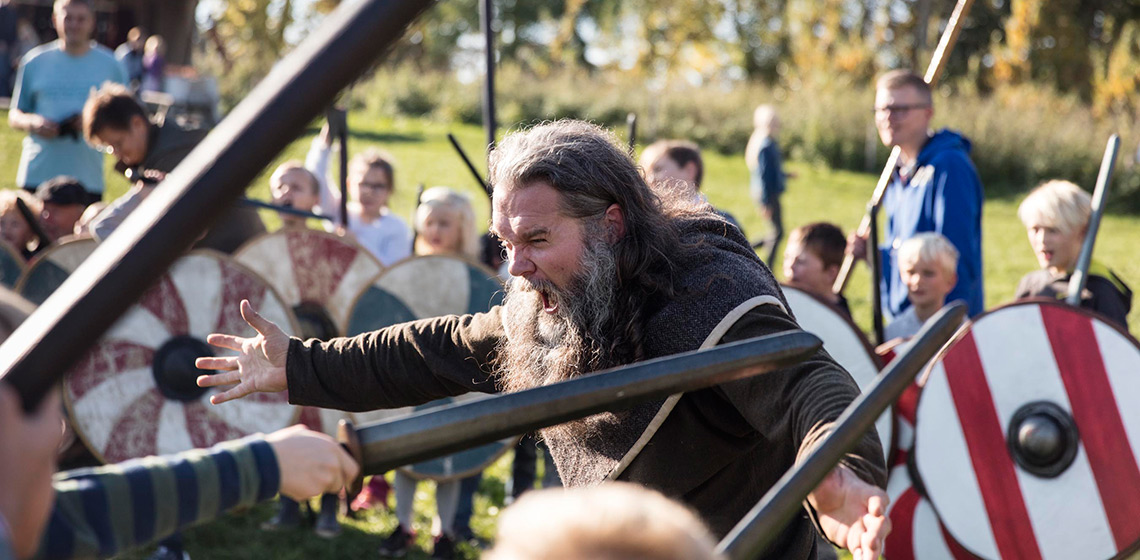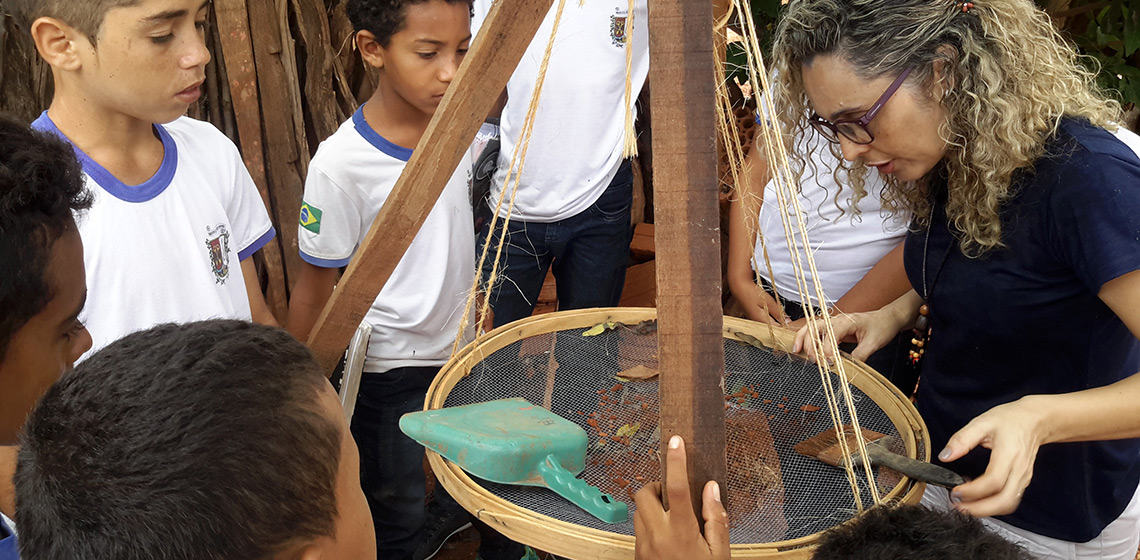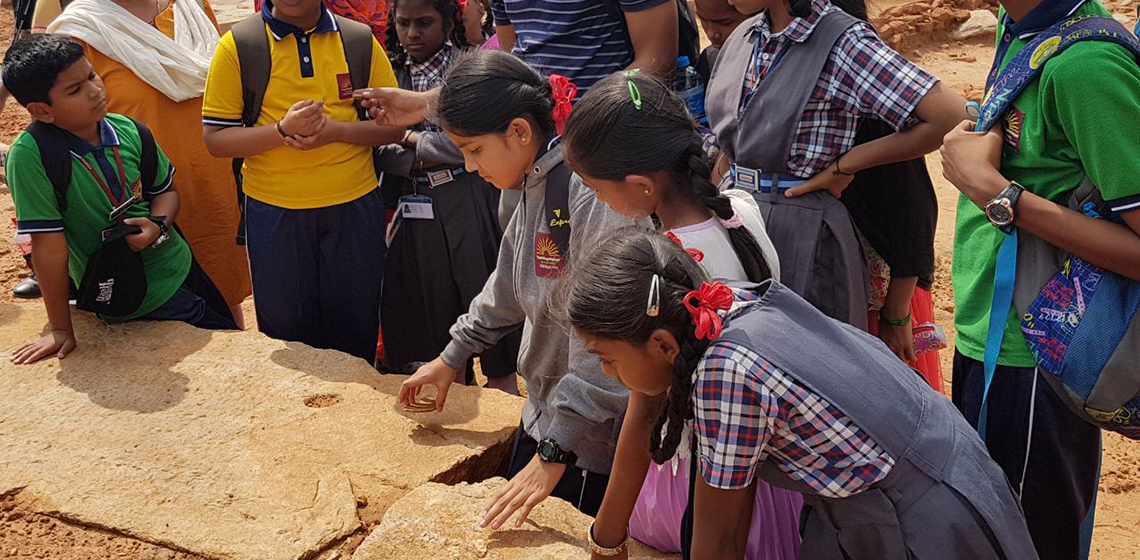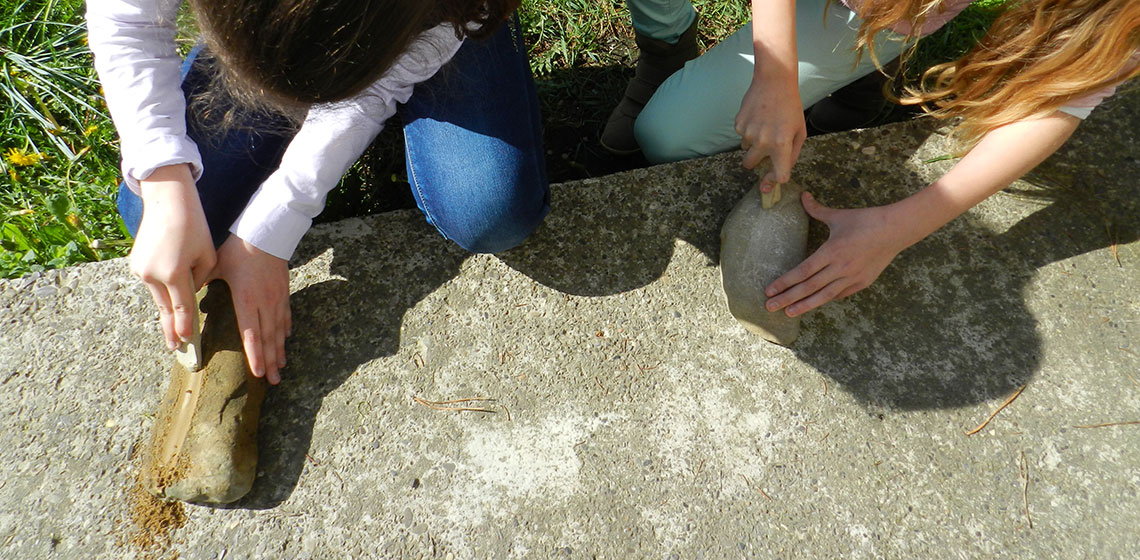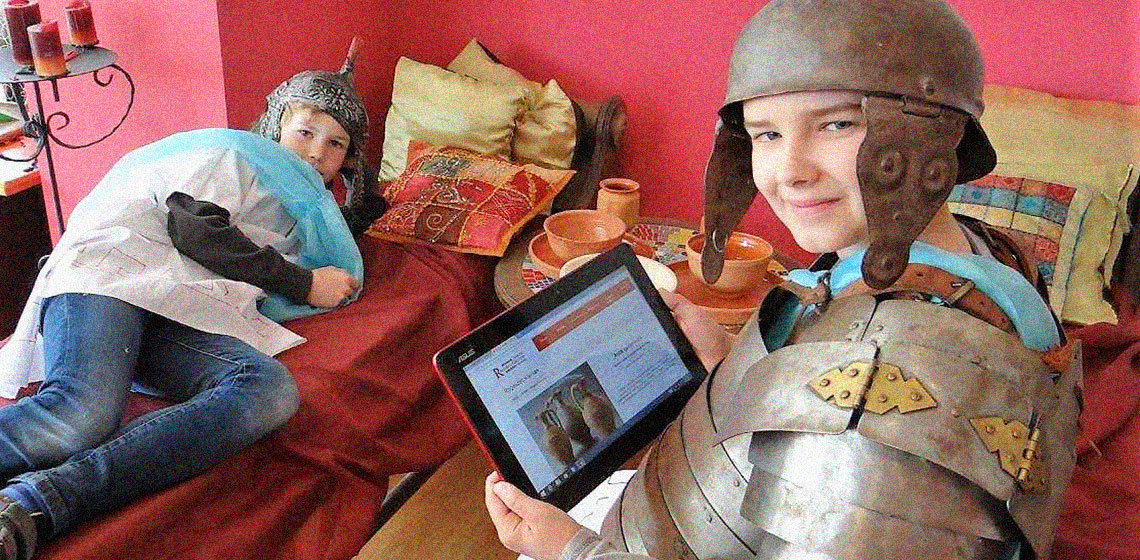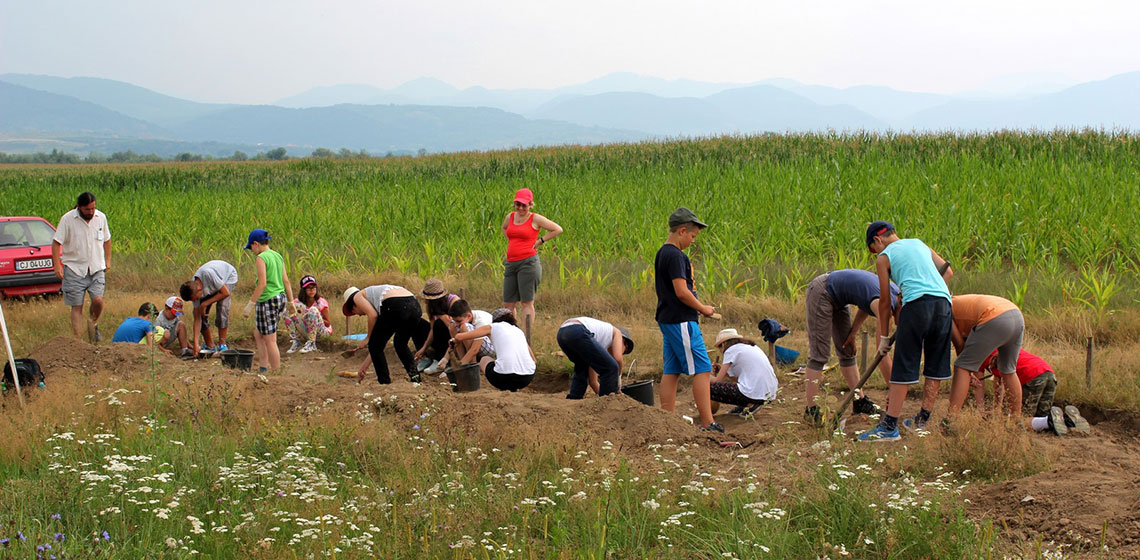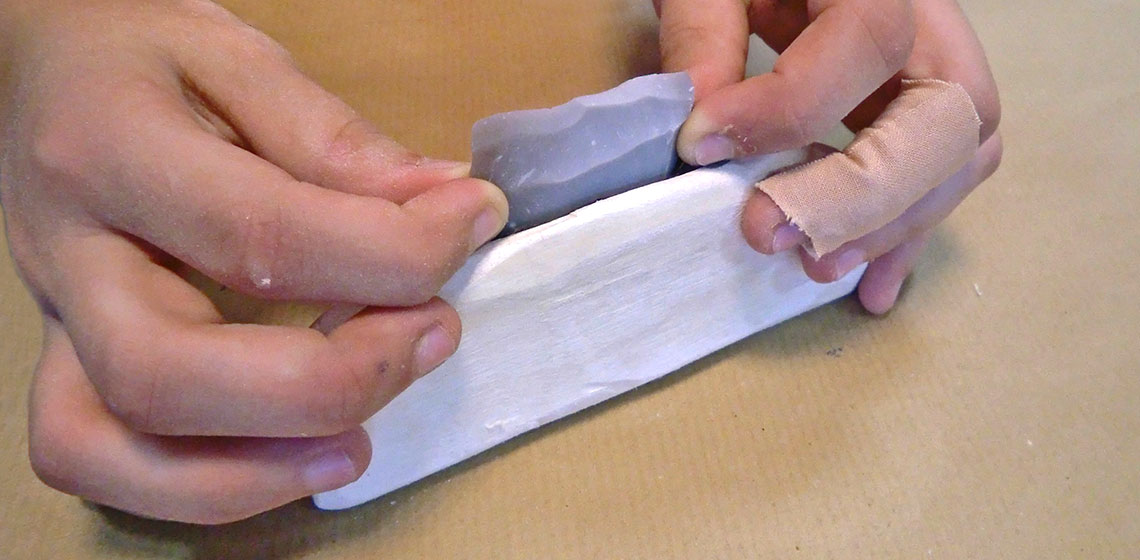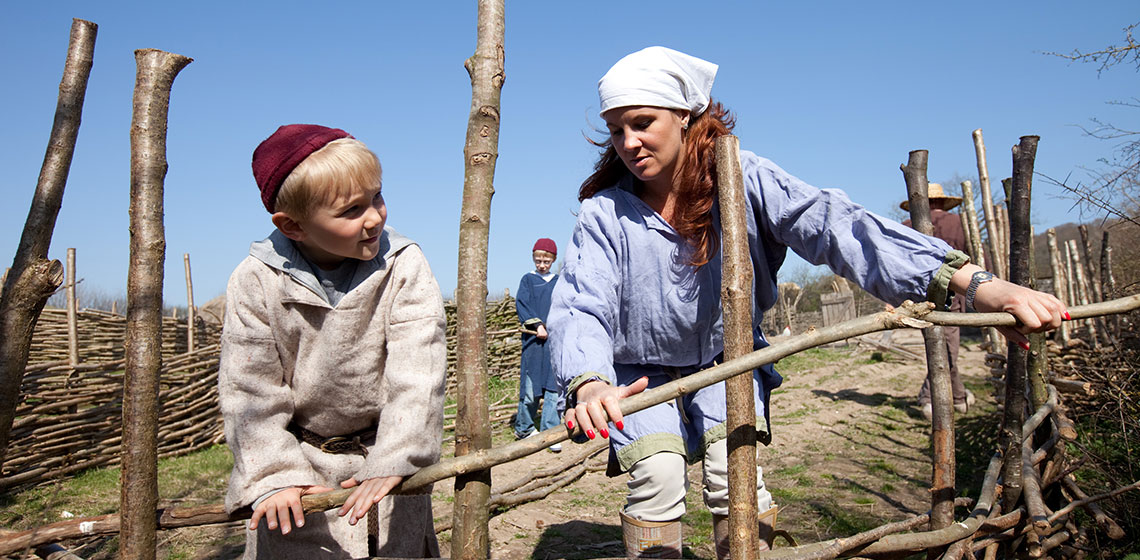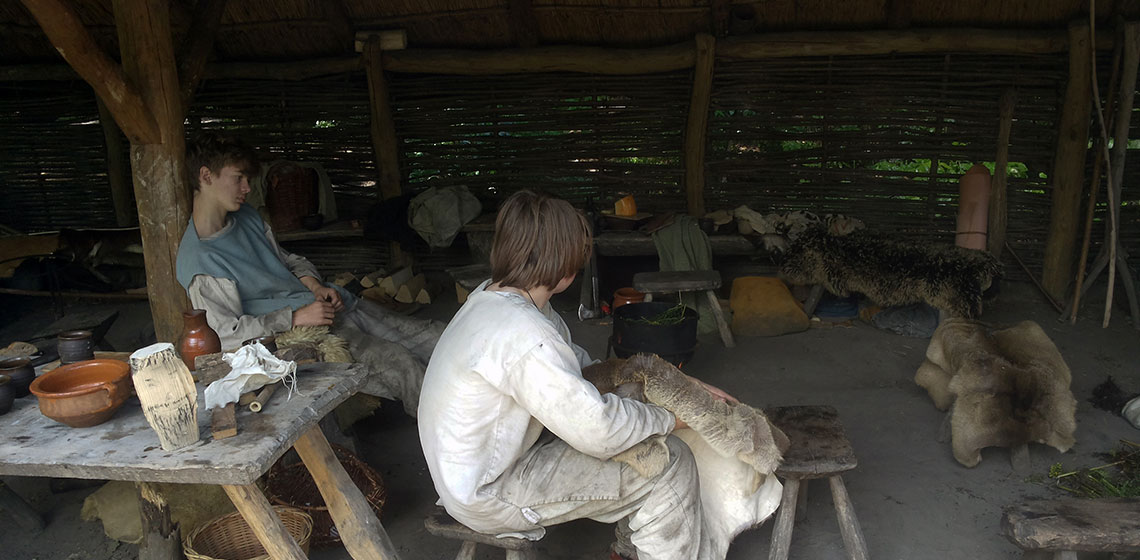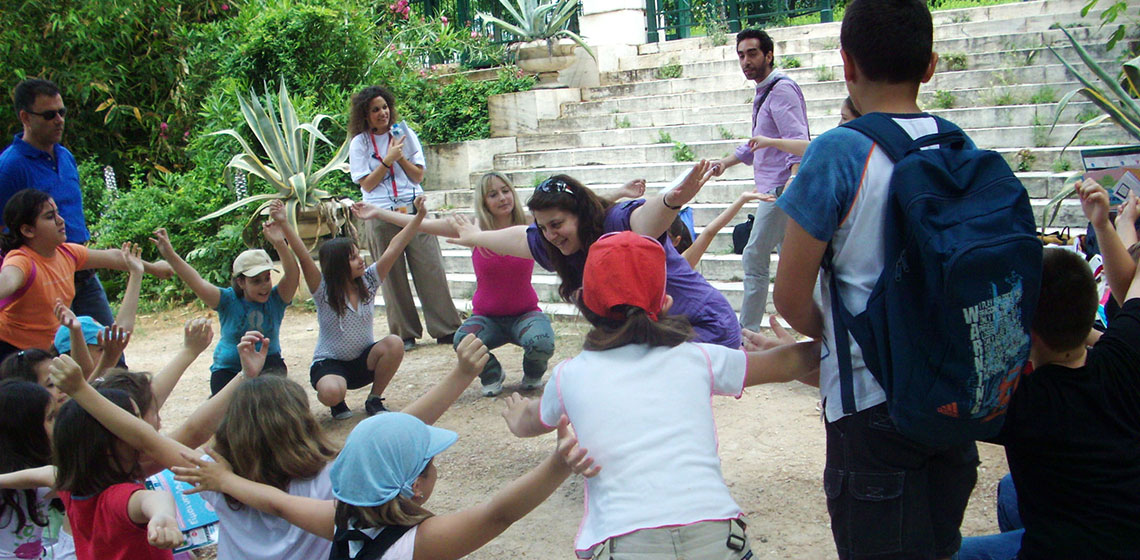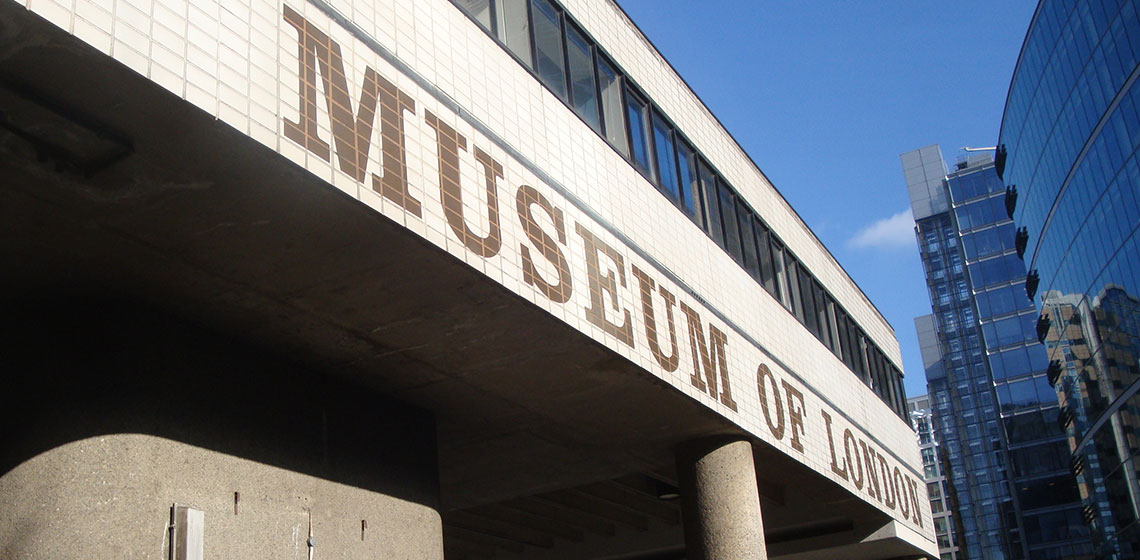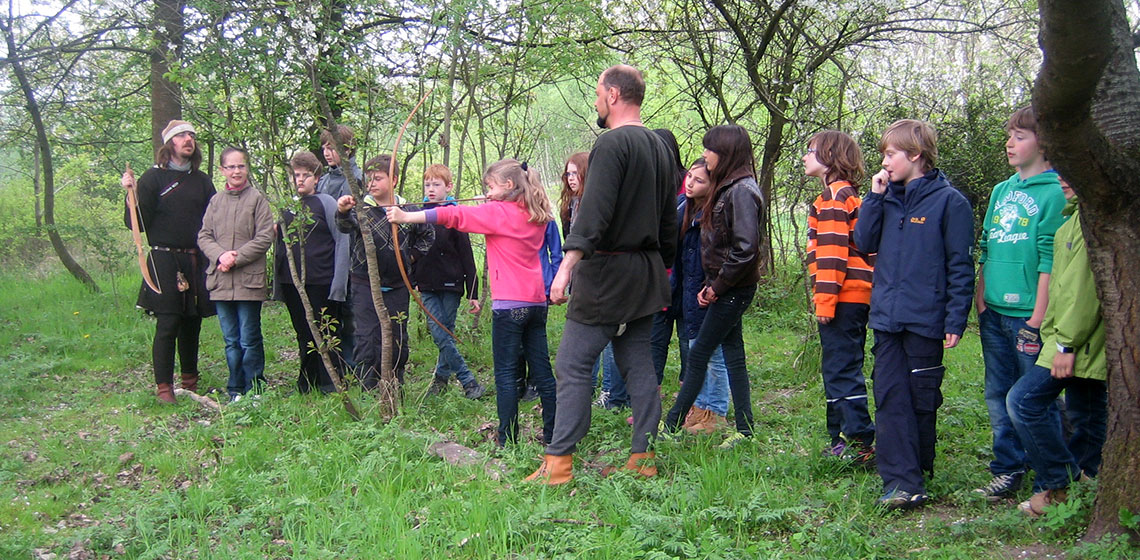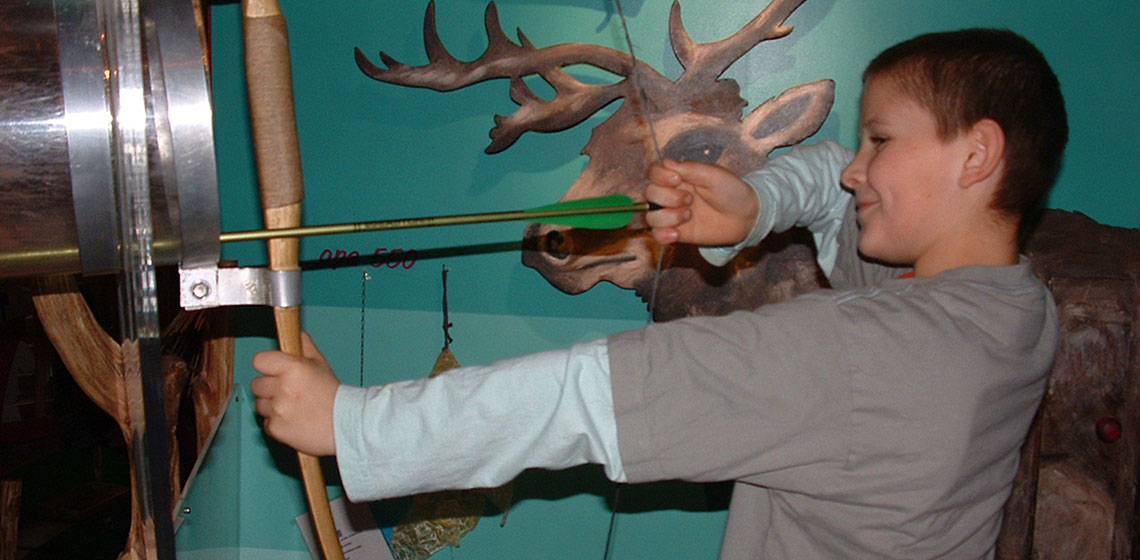The content is published under a Creative Commons Attribution Non-Commercial 4.0 License.
Themed Collections:
Teaching Children
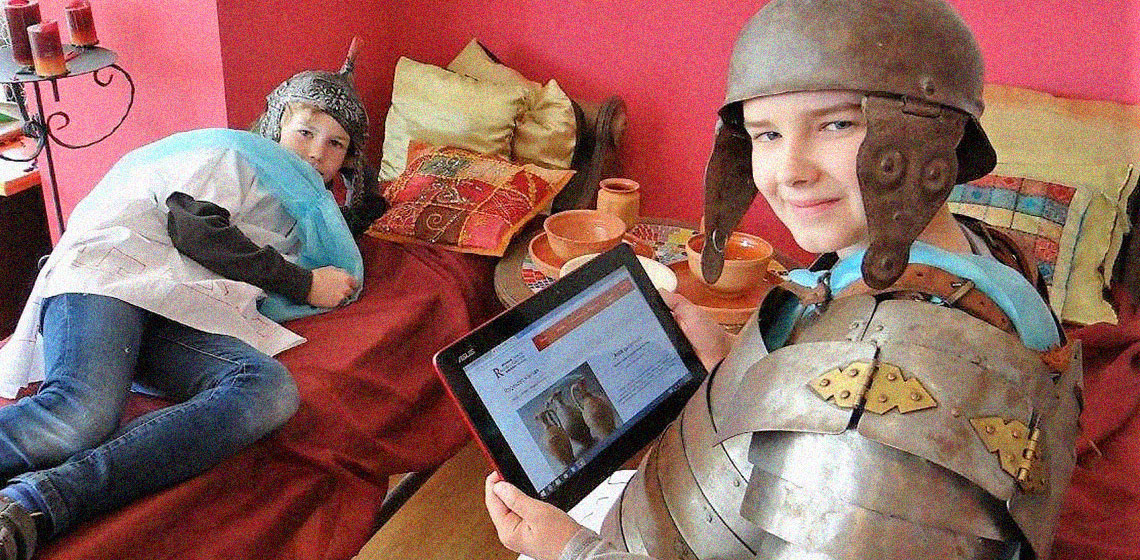
Teaching school children is one of the prime reasons why we have archaeological open-air museums. Many education centres only serve school groups, and are not even open to day visitors. Examples can be found in Denmark, the Netherlands, Italy and Spain. At these centres and open-air museums, a kind of informal learning makes children learn much more than just book-knowledge. They learn that situations can be approached in different ways and there are different ‘correct’ solutions. Informal learning is a welcome addition to school life and reaches more than just the mainstream of each class.
Featured
Expanding Horizons: Contemporary Dynamics and Challenges in Public Archaeology in Nigeria
Time travel – a Great Method to Strengthen Cooperation between Museums and Schools. The Experience of Nationwide Time Travels in Estonia.
Experimental Archaeology and Tacit Learning: Textiles in the Classroom
Warrior Training in Sagnlandet Lejre – An Exercise in Community, Camaraderie and Cooperation
Art in the Serra: Project of Heritage Experiences in the Territory of the Serra Da Capivara National Park (BR)
Taking Archaeological Concepts outside the Social Science Class in Indian Schools
Beyond School - Workshops in Experimental Archaeology at the Museum (Romania)
Vacation in the Past - Effective Heritage Interpretation through Education
***Heritage sites are breathing memories from the past; however, visitors can hardly imagine or experience the ancient life on the spot. In fact, these visits are supposed to conjure up journeys back into the past and park managers should facilitate such experiences by the most effective means possible in order to help tourists gain...
The Omnis Barbaria Experimental Archaeology Camp for Children – First Edition
Discussion: Working with Knives in Archaeological Open-Air Museums
Playing with the Past? Or Saving Our Future?
Summer Camp for Experimental Archaeology in the Eindhoven Museum (NL)
Museum Theatre in Greece: Perspectives in Site Interpretation
“You could See it [the Past] in your Mind”: What Impact might Living History Performance Have on the Historical Consciousness of Young People?
Combining theoretical perspectives with two case studies carried out in 2008 with British students aged from 10-17 years old, this paper will explore how living history might contribute to the development of young people’s historical consciousness and help them to cope with the social and cultural differences which confront them when learning about the past. In particular, it will focus on the effectiveness of first- and third-person interpretation.


